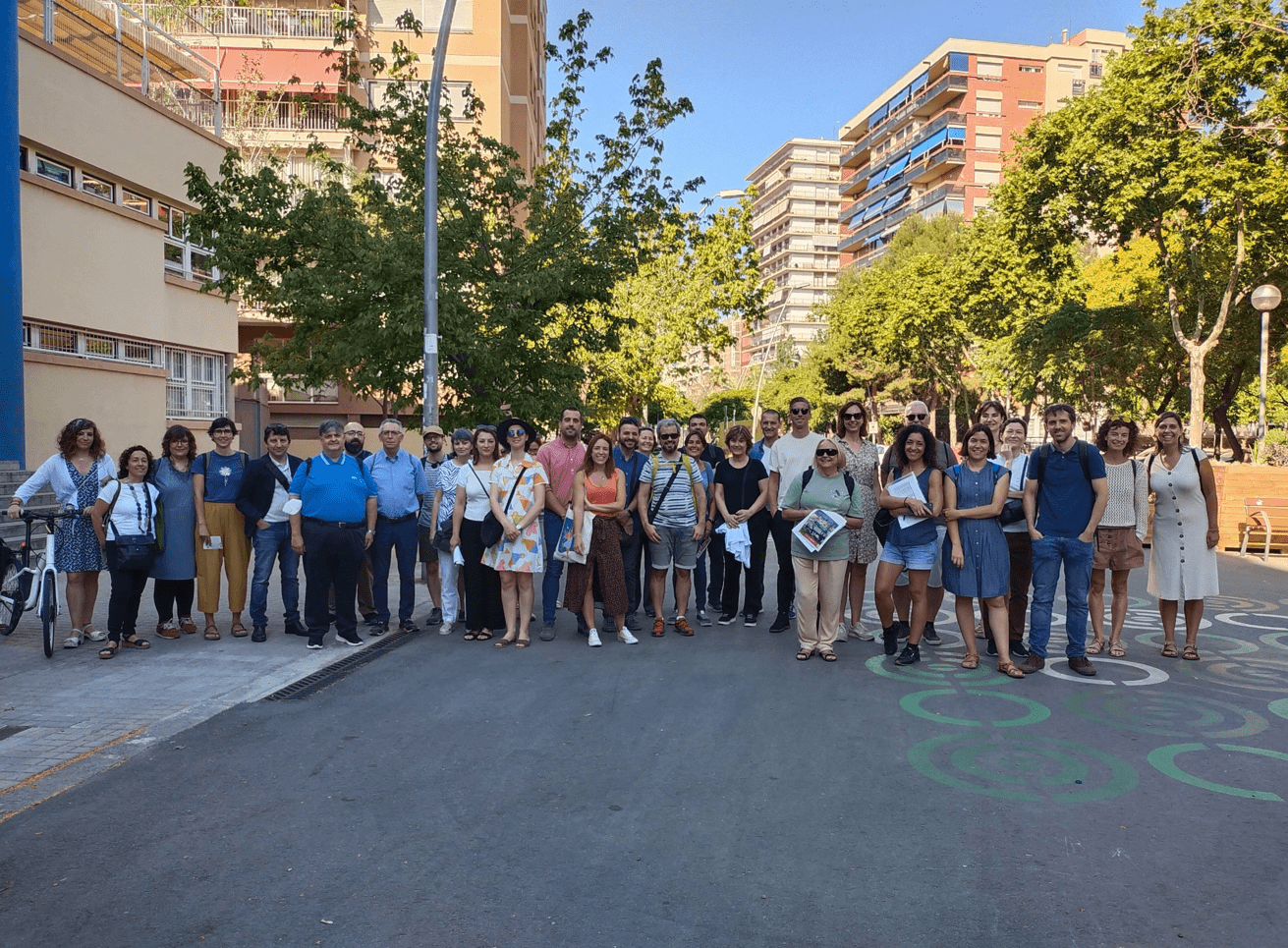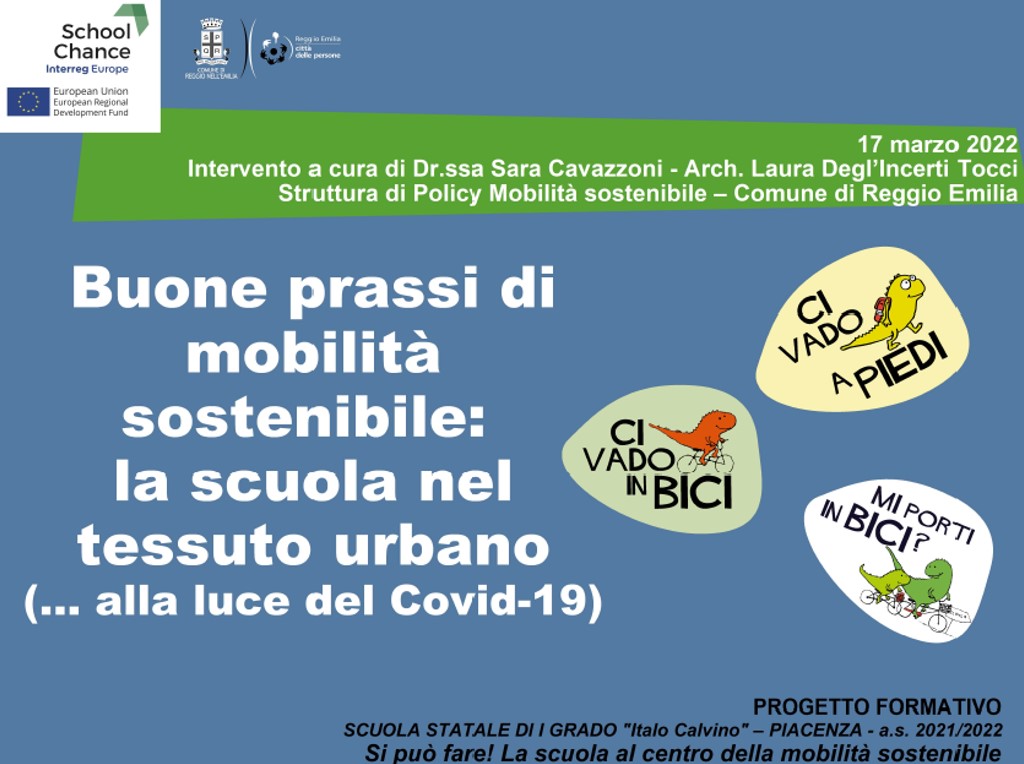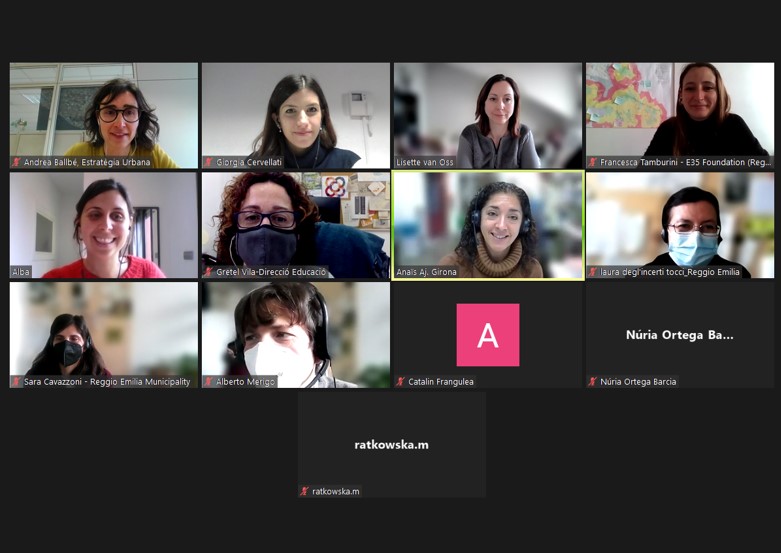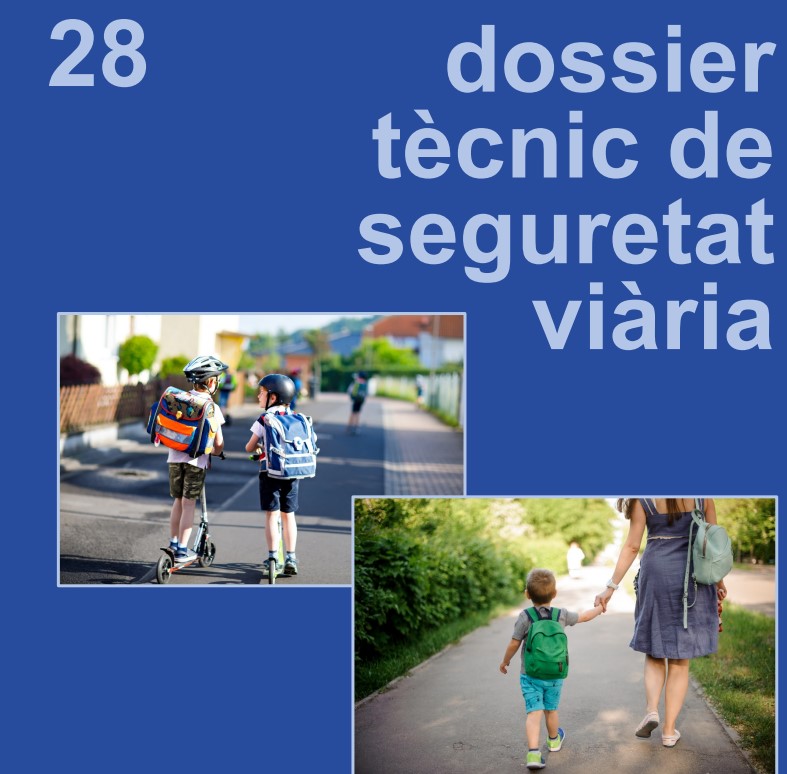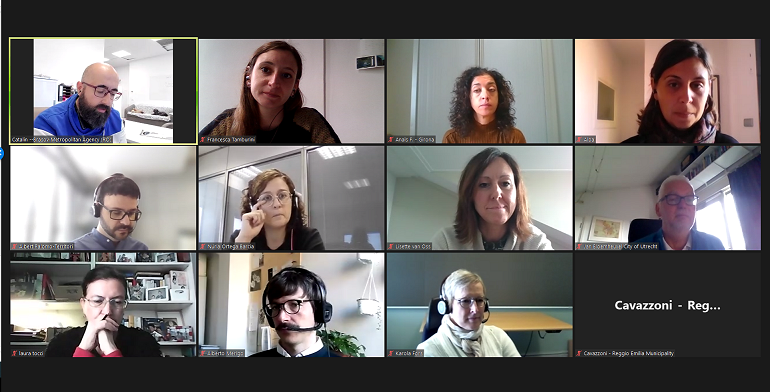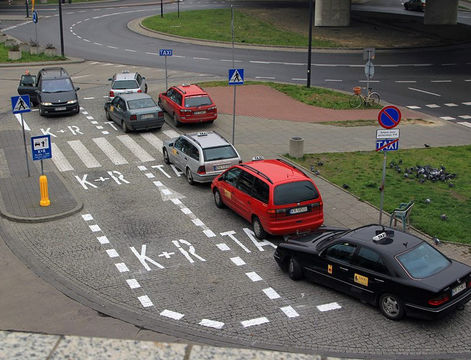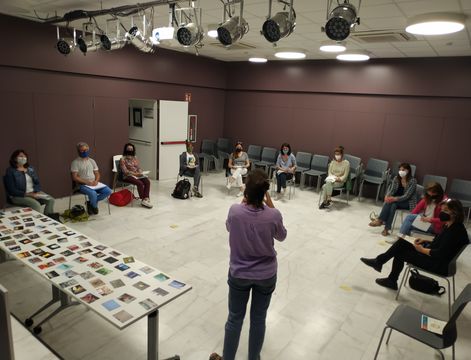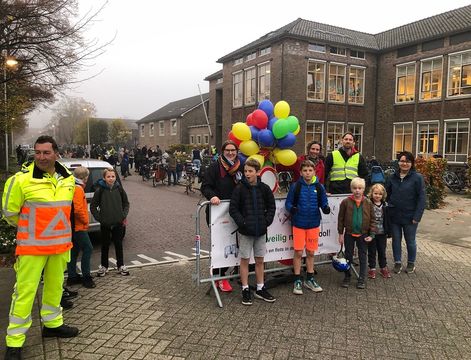On January 2020, the Government of Catalonia approved the Action Plan for School Mobility of Catalonia (PAMEC) with a view to improving the training of pupils and the conditions on routes from homes to school, and to encouraging safe, inclusive, sustainable, healthy and autonomous travel.
This plan envisages the implementation of six strategic actions intended to encourage school mobility in Catalonia based on a comprehensive, multidisciplinary approach. The actions will be implemented on a coordinated basis among the Ministry of Territory and Sustainability, the Ministry of Education and the Servei Català de Trànsit, together with other stakeholders and local administrations that have taken part in monitoring the European School Chance project.

The plan first prioritizes the drafting of a manifesto on school mobility that has arisen from general consensus among all the stakeholders involved. The agreement will lead to the establishment of basic principles and strategic lines of action conducive to sustainable, healthy, inclusive and safe school mobility.
The plan’s second strategic action is to update the approach to road safety education and sustainable mobility in schools with a view to providing children and adolescents with the confidence and skills to move around safely, independently and healthily.
Thirdly, the PAMEC is intended to determine the designation of a reference figure in schools to integrate sustainable, heathy and safe mobility within the school’s education project and to provide liaison between the educational community and the authorities.
The purpose of strategic action number 4 is to promote the use of sustainable means of transport and healthy lifestyle habits among stakeholders of the educational community by running promotion campaigns in municipalities and in schools.
Fifth, the plan envisages the promotion of improvements to safety, visibility and the provision of facilities for means of sustainable mobility in school environments and on routes to schools, through the drafting of school road projects and the development of proposals to finance the measures.
Lastly, strategic action 6 emphasizes the creation of a school mobility badge for schools, based on criteria that evaluate and encourage advice on and monitoring of mobility and infrastructure initiatives undertaken at schools and in municipalities. The badge will allow for the integration of sustainable, healthy and safe school mobility in schools’ education projects and meanwhile also encourage the involvement and interest of the entire educational community.
In addition, together with partner 1 (Girona City Council), a pilot plan has been launched to create a “Network of School Mobility Coordinators” in the city of Girona. This is a good practice taken from one of the study trips to Reggio Emilia and is intended to be reproducible in other territories in the Catalonia region, from the 2021/2022 academic year onwards.
Given the exceptional circumstances of Covid-19, for the last nine months the pilot plan has been in the initial phase of implementation. The city’s eleven schools have already selected the person who will act as coordinator. We are also designing the graphic image, a welcome handbook and the content of six training sessions on sustainable school mobility. We have likewise created a section on Girona City Council’s Mobility website, devoted exclusively to the pilot plan’s progress. See the example at web.girona.cat/web/guest/mobilitatescolar/plapilot.

The start of October will see the initial introductory meeting with the eleven schools, at which we shall establish the coordinators’ network shared workspace.
Before the end of 2020, we plan to have completed the initial training and to have generated a package of educational resources that sets out the proposals for sustainable school mobility activities and projects to be implemented at each school. We shall also provide the eleven schools with the Traffic Snake Game and, lastly, organize two coordination meetings: one with an internal working group of City Council technicians and the other with key political representatives.

Further information:
Catalonia has over one million pupils from 3 to 15 years old. They account for 13.5% of the total population and study in more than 5,700 schools, at which over 100,000 teachers work. School mobility represents approximately 15% of total urban mobility. Moreover, 25% to 55% of students in Catalonia (depending on the size of the municipality) travel to school by private motorized transport. Actions targeted at this mobility segment can therefore have a positive impact on policies to improve road safety, sustainability and emissions reductions, particularly in a context of climate emergency. They also have a medium- and long-term impact, as behaviours acquired at school age can yield more sustainable mobility habits in adulthood.


